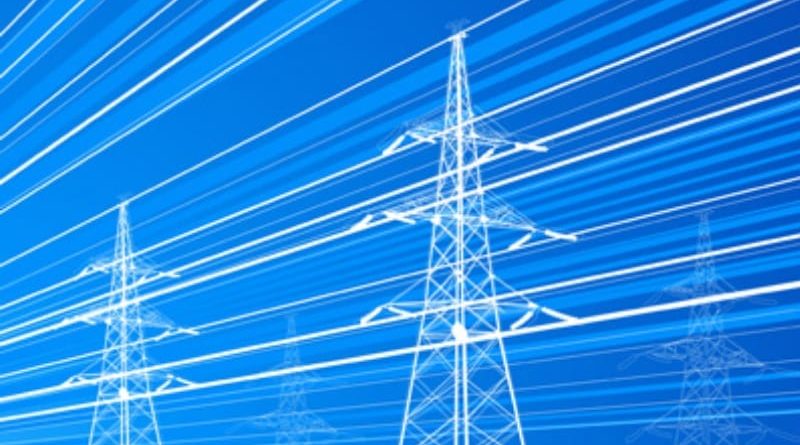
The EU is a world leader in climate change.
Europe’s energy efficiency is outstanding. Since 1990 we have reduced CO2 emissions by 23%, while the EU’s gross national product has risen by 53% over the same period. Greenhouse gas emissions are falling and economic performance is on the rise, bringing more jobs and social achievements.
Such sustainability is also achieved through ambitious energy legislation but this is not the whole story. Industry, tenants and home-owners are also highly motivated to save energy and invest accordingly.
The market regulates many things automatically, by means of cost savings.
Legislation must provide this market with guidelines, not force it to its knees.
The EU can lead the way for clients and the Member States with ambitious yet flexible framework legislation which gives citizens, companies and the Member States room to breathe.
The Commission’s 2017 proposal for a review of the Energy Efficiency Directive was such a proposal: 30% energy savings by 2030, with many options for the Member States to optimise their savings potential.
Unfortunately, a small majority in the Committee on Industry, Research and Energy supported the ideas of certain large companies involved in control, measurement and insulation technology and in the heating industry, as well as specific environmental groups: the figure is now set to be 40% within a few years.
There should be strict obligations to make savings and compulsory annual renovations to keep the Member States on a very short European lead. This would be paid for equally by private households, industrial electricity users and energy-intensive industry.
The EPP achieved a realistic compromise, with a 35% savings obligation by 2030
We do, however, have a commitment to more than a few lobbying groups. The European Parliament must focus on the overall economic and environmental interest, which should guide its actions.
The EPP’s compromise proposal for plenary to vote in favour of 35% had long been rejected out of hand; only at the last minute did reason win the day, with even the Greens supporting the EPP compromise line in the vote in plenary.
In the end, all the EPP’s key demands for more flexibility from the Member States were passed with a majority, albeit in some cases a small one. Greens, communists, UKIP, Five Star and S&D realised that their Committee on Industry, Research and Energy positions would not only have made it impossible to have a strong vote in Parliament but would also have caused the trilogue with the Member States to grind to a halt.
Tougher savings obligations endanger the ETS system
Now the trilogue can begin. Parliament will be starting negotiations with a strong majority. I am confident that we can push through robust energy efficiency requirements which go beyond the Council and Commission proposals.
We must not, though, negotiate with blinkers on; rather we must keep in mind interaction with other energy and environ- mental legislation. Already the agreed 35% savings obligation would have a dramatic effect on the emissions trading system and would force down allowance prices as far as EUR 15 per tonne.
This would result in more state intervention in what is essentially a market economy system, which would render European economic policy unreliable. And if some politicians, for example, were to say that we should aim much higher than the 30% target in order to fulfil the conditions of the Paris Agreement, that would again be deliberately misleading.
Impact assessments conducted by the Commission have found that the EU will fulfil the global climate objectives with a 27% CO2 savings obligation.
Electro-mobility and building efficiency will require more energy, not less
We also owe the fact that we must not throw the baby out with the bathwater to the structural change which everyone wanted to see and beyond, to electro-mobility and increased building efficiency.
One magic word for more green energy in this context is sector coupling. Coupling, as energy production increasingly means electricity: for heat pumps in buildings or car batteries, with the key word electro-mobility.
But if we want that to feature in the technology race, it must be understood that cutting back on diesel in favour of electrical propulsion will require a great deal more energy.
Before the energy which feeds our sockets flows into car batteries, we must firstly put up with a significant reduction in efficiency. This also applies to replacing gas and oil heating by heat pumps in our homes.
The energy legislation of the future will prioritise green energy consumption
The way to make this work politically is to make sure more green electricity reaches the socket in other words, to promote the use of renewables.
But if we reach the stage when green electricity really does power our cars and heat our homes, savings obligations on electricity from renewables will be counter-productive, as they suffocate structural change before the socket is reached.
So it is unfortunate that the EPP narrowly lost a vote in plenary on introducing ‘breathing energy legislation’. The higher the EU had set the target for the proportion of green electricity, the more flexibly we could have achieved the savings targets.
A savings obligation for green energy, which is not harmful to the climate, makes little sense. Unless, of course, we want to have a completely different world and cast serious doubt on the achievements of economic growth.
But if we were to get behind Claude Turmes, member of the Greens and former secretary-general of the radical NGO Friends of the Earth, and his radical associates from the Left and the Right, we would be treading a dangerous path into the environmental abyss.




